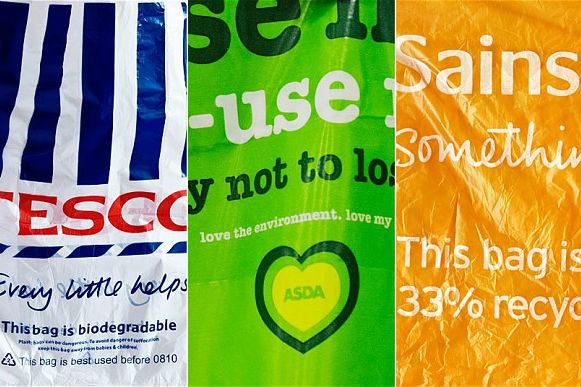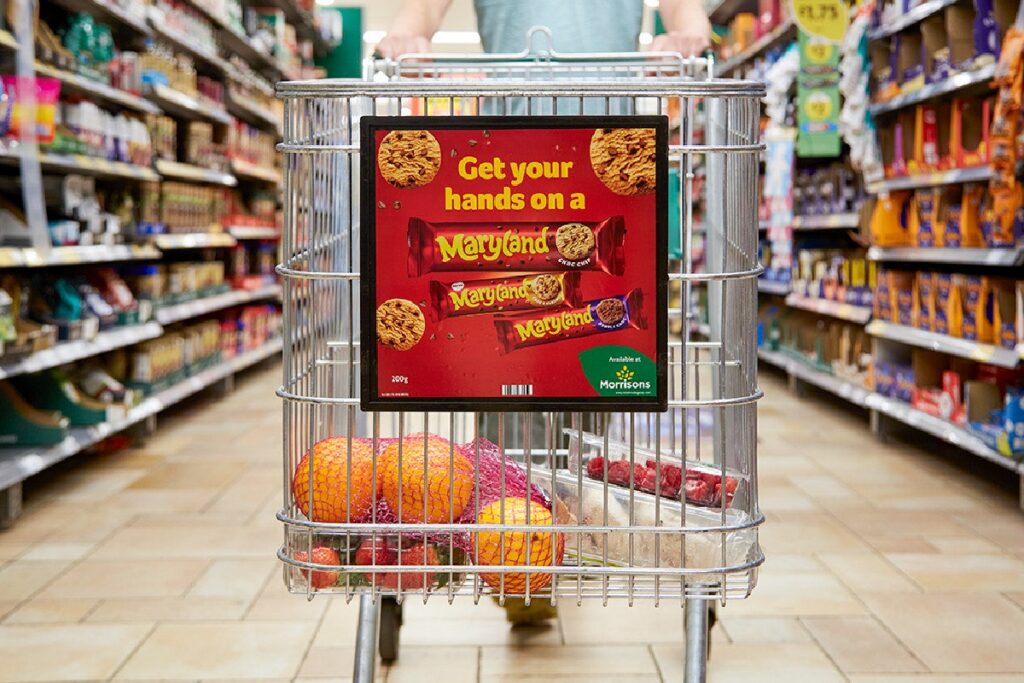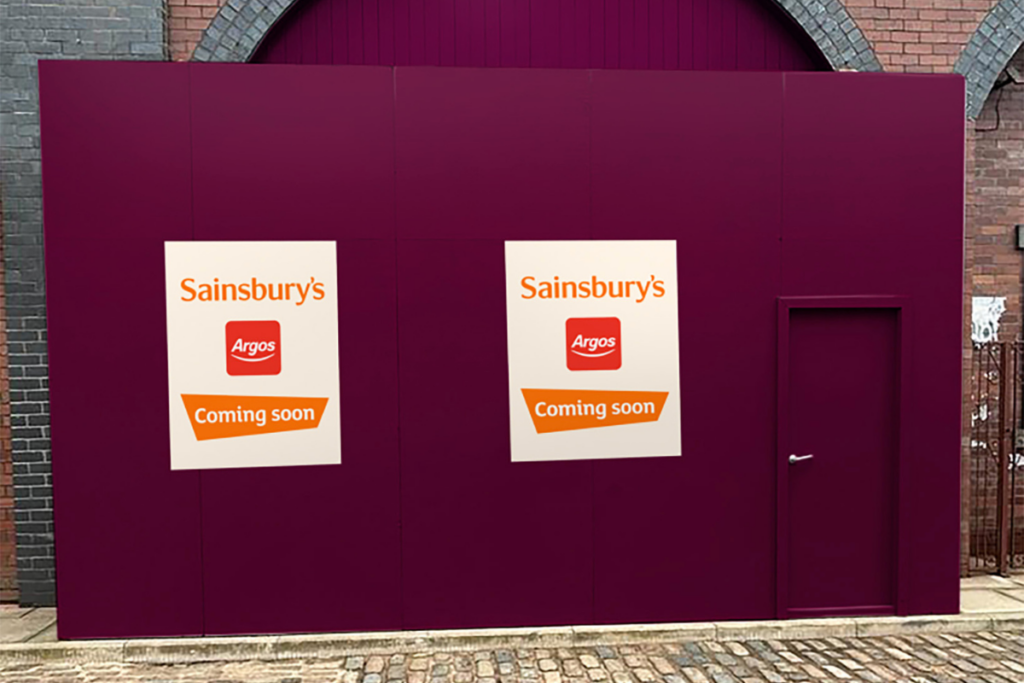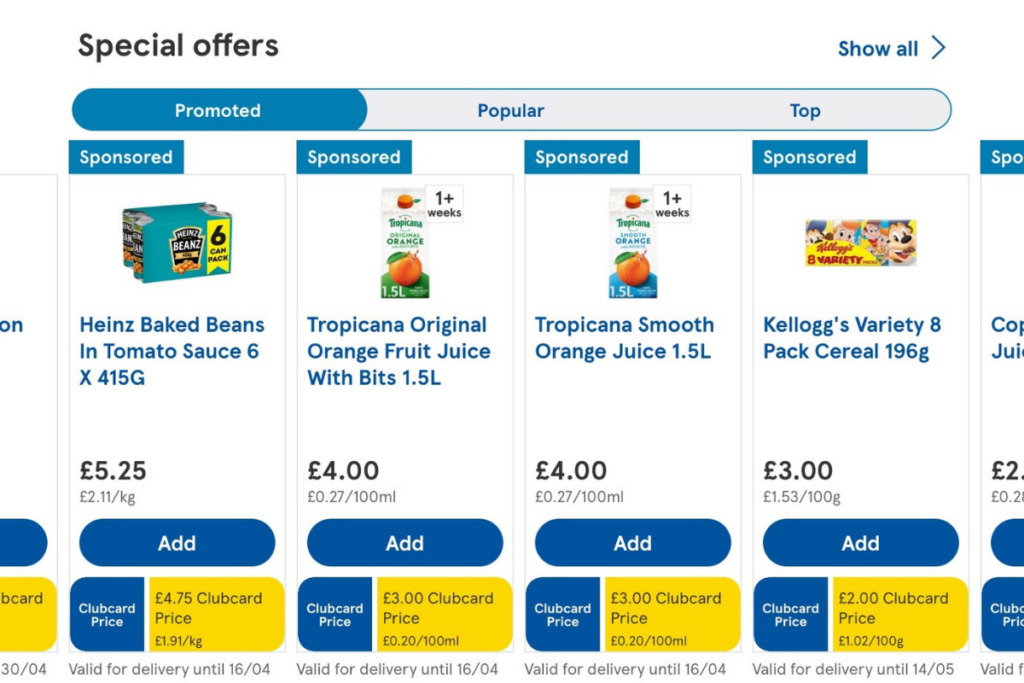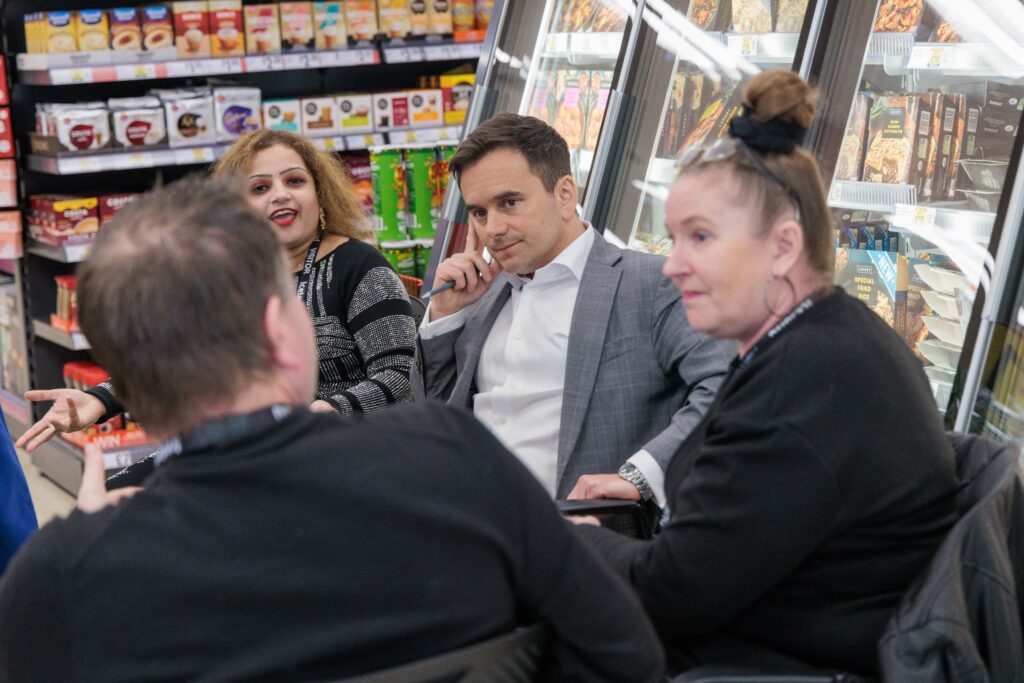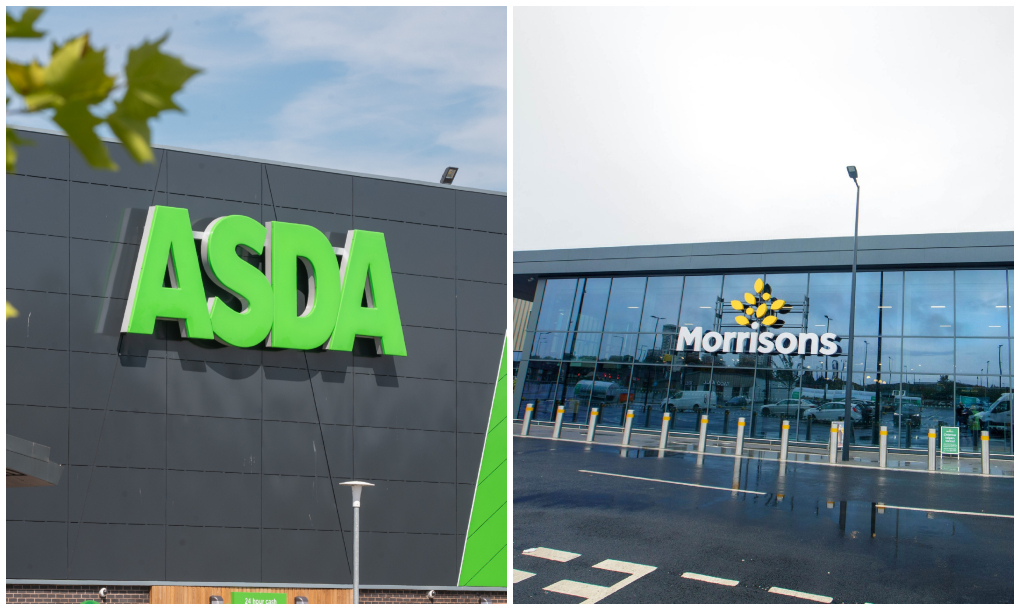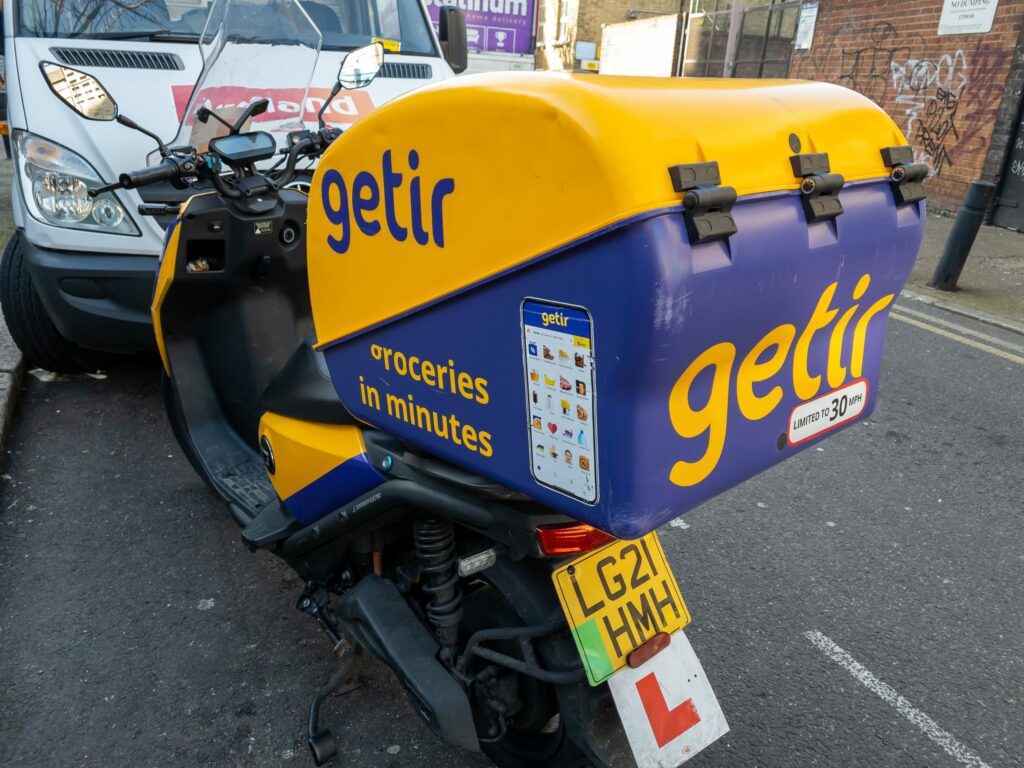When Prime Minister Boris Johnson put the UK into a national lockdown in late March during the first wave of the Covid-19 pandemic, Brits went into panic mode. Non-essential retailers and the hospitality sector temporarily shut its doors and supermarkets saw staple goods such as toilet rolls, pasta and baked beans fly off shelves amid a wave of stockpiling.
To their advantage, grocers racked up an extra £1.9 billion in revenue the four weeks to March 21, which exceeded the levels seen during the notoriously busy Christmas trading period. Brits had made an additional 79 million shopping trips to find essentials during the period.
The advantage soon changed for the worse when grocers saw their supply chains face pressure due to heavy demand. This subsequently prompted them to introduce rationing rules.

Fast forward to today, and the UK is now on the cusp of a second wave. In many ways the country may well be – on Wednesday this week the country recorded the highest number of new daily Covid-19 cases since May, with over 6100 new infections. The government has introduced new restrictions to try and bring the virus back under control, but it stopped short of implementing another nationwide lockdown.
Nonetheless, anticipating another wave of panic buying and stockpiling, Morrisons became the first large supermarket this week to reinstate rationing on staple items such as toilet roll and disinfectant. The Big 4 grocer introduced a purchase limit of three on a small range of products – replicating a rule from the first wave – to ensure they were “available for everyone”.
Undoubtedly, the grocery sector has been forced to invest in its online delivery operations to meet demand as it was one of a handful of core sectors within retail to remain fully open during the lockdown period. Most have expanded their delivery fleet and improved their supplier arrangements and distribution networks. As recent as last month, Tesco said it was creating 16,000 new permanent roles to bolster its delivery capabilities.

Although it might seem like a distant memory now, the pandemic is still far from over. It continues to affect the economy, and there are worries over what could happen as the second wave become more real by the day.
The public has already seen grocers reinstate door marshals, an initiative which was first seen during the first wave, to ensure social distancing measures are met. Grocers are also urging consumers to shop as normal in a bid to avoid another period of heavy demand on supply chains.
Despite this, manufacturer WEPA Group recorded on Wednesday that sales of toilet rolls have soared by 23 per cent over the past week – which could indicate another wave of stockpiling that plagued grocers and consumers alike in the weeks leading up to the first lockdown.

With the threat of a further lockdown on the horizon, many people are determined not to fall into the same trap and are stockpiling early “just in case”, Henley Business School strategic marketing professor Moira Clark said.
“As a result, many retailers will be considering stocking up on products that they had trouble accessing earlier in the year,” she added.
“However, many supermarkets will have learnt from their mistakes and will start rationing sooner if they see shoppers buying multiple packs.
“Shrewd retailers will communicate clearly with their customers and make their policy regarding stockpiling known.
“Customers need reassurance that, this time, if everyone buys just what they need then there should be enough to go around.”
In fact, Tesco did just that by urging customers to not return to a state of “unnecessary” panic buying after the PM revealed tougher measures for the retail sector earlier this week.
Tesco chief executive Dave Lewis maintained that there was no need to stockpile as food supplies were plentiful. He also warned that panic buying created a tension in the supply chain, and urged customers to continue to buy as normal.
Aldi’s UK boss Giles Hurley also sought to prevent a repeat of empty shelves by calling on shoppers to only buy what they need.
“There is no need to buy more than you usually would. I would like to reassure you that our stores remain fully stocked and ask that you continue to shop considerately,” he said.
“Retailers have developed more responsive supply chains for a possible second lockdown”
Catherine Erdly, founder of consultancy firm Future Retail, said the memory of lockdown was “still fresh in many people’s minds” and there was “no doubt” consumers would stockpile if they felt concerned at the possibility of another lockdown.
“There will definitely be a domino effect,” she told Retail Gazette.
“This is what happened last time, people were seeing other people stocking up and this created a chain reaction and therefore the impact of stocking up was a major disruption to the grocery food supply chain.”
However, Oliver Guy, senior director at industry solutions Software AG, said stockpiling during the first wave was not down to panic buying. Instead, he believes it is due to an unprecedented climate.
“The closure of restaurants, offices and schools meant families had to source the majority of their meals from supermarkets alone, which placed a newfound responsibility on them,” he argued.
“However, further improvement could be aided by providing suppliers with increased visibility over a retailer’s sales and shelf inventory data to give a better view of forward demand.
“Elsewhere, analytics can help retailers forecast demand and calculate the appropriate replenishment quantities.”
Meanwhile, retail expert Nelson Blackley added that in just six months “everything has changed hugely”.
“In hindsight, it’s not a huge surprise that many shoppers responded then by stripping supermarket shelves of products such as toilet paper, dried pasta, antibacterial handwash and soap in just a few days,” he told Retail Gazette.
“But six months later, the NHS and the wider scientific and medical profession now know so much more about coronavirus, and shoppers have also seen, and learned that even during a full national lockdown, that the availability of key food and hygiene products does remain reasonably stable.
“Retailers have developed much more responsive supply chains and robust plans for any possible second lockdown.
“As has been very well documented, the number of online order and home delivery slots from all the major grocers has also hugely expanded since March.”
Blackley said the bigger challenge that the retail sector currently faces is what happens at the end of December when the UK’s Brexit transition period ends.
“With just under 100 days to go, there is still significant uncertainty about what how the ongoing negotiations with the EU might end and so any impact on trade and in particular the import and availability of food products from across Europe,” he explained.
“Whilst many retailers had plans in place back in October and November 2019 when a ‘hard Brexit’ seemed a possibility, they may now need to quickly resurrect some or all of these as the deadline approaches.”
Click here to sign up to Retail Gazette’s free daily email newsletter

